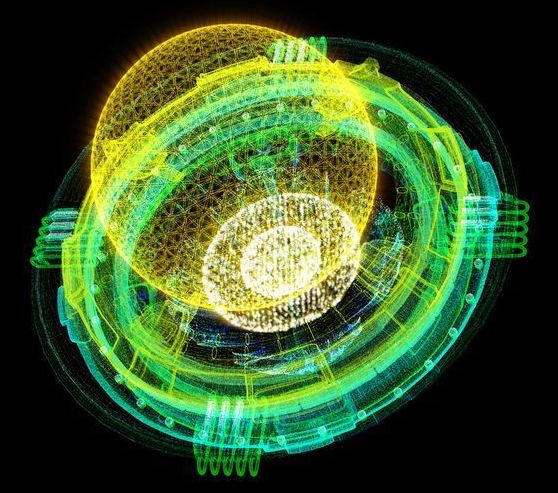LOS ANGELES, CA / ACCESSWIRE / December 7, 2020 / US Nuclear (OTCQB: UCLE) is the prime contractor to build MIFTI’s fusion generators, which could be used in the relatively near future to power the propulsion systems for space travel and provide plentiful, low-cost, clean energy for the earth and other planetary bases once our astronauts get to their destination, be it the moon, Mars, Saturn or beyond. Chemical powered rockets opened the door to space travel, but are still far too slow and heavy even to travel to distant planets within our solar system, let alone travel to other stars. Accordingly, NASA is now looking to nuclear powered rockets that can propel a space vessel at speeds close to the speed of light and thermonuclear power plants on the moon and Mars, as these are the next steps towards space exploration and colonization.
The US Energy Secretary, Dan Brouillette, recently said, “If we want to engage in outer space, or deep space as we call it, we have to rely upon nuclear fuels to get us there… that will allow us to get to Mars and back on ‘one tank of gas’.” This is made possible by the large energy density ratio which makes the fuel weight for chemical fuels ten million times higher than the fuel that powers the fusion drive. NASA is now relying on private companies to build spaceships: big companies like Boeing, but more and more on high-tech startups such as Elon Musk’s Space-X, Jeff Bezos’s Blue Origin, and Richard Branson’s Virgin Atlantic.
While nuclear fission has been considered as a basis for the next generation of rocket engines, the fuel used for fission is enriched uranium, which is scarce, costly, unstable, and hazardous. On the other hand, thermonuclear fusion uses a clean, low-cost isotope of hydrogen from ordinary seawater, and one gallon of this seawater extraction yields about the same amount of energy as 300 gallons of gasoline.
